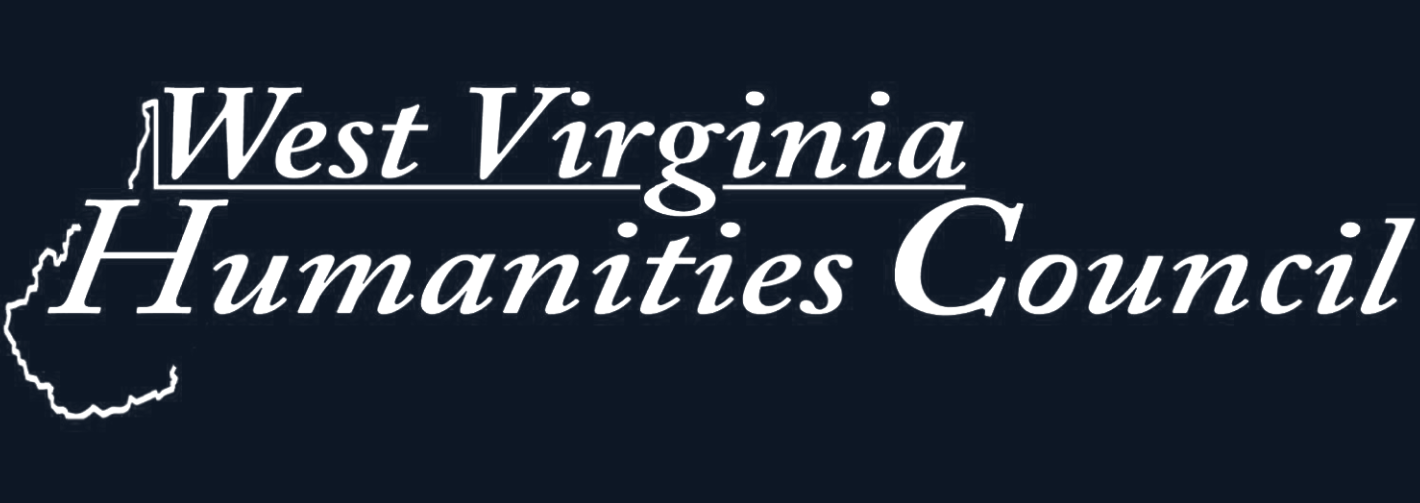On Saturday, Feb. 29, one of the co-editors of Movable, Stefan Schöberlein, attended the inaugural Connecticut Digital Humanities Conference at Trinity College in Hartford, CT, as part of an academic panel titled “Applied Digital Humanities: DH, Outreach, and Data Advocacy.” The conference was organized by the University of Connecticut, Yale University, Wesleyan University, and Connecticut College and saw over a hundred experts from various humanities and computer science disciplines workshop projects and share research at the intersection of computational methods and the liberal arts.
Dr. Schöberlein gave a talk titled “The Movable Project: Archiving and Highlighting Recovery in Appalachia,” introducing Movable to the audience, soliciting feedback, and discussing the stakes and goals of the project with scholars from across the country.
You can read more about the presentation here:
One compelling & thoughtfully designed project from today was Movable: Narratives of Recovery & Place from Marshall University. The user is in the details, how it centers the human stories & local communities in Appalachia.
» https://t.co/4Kp0W7Oo7E#CTDH2020 pic.twitter.com/nPERilkH9i— Monica Ong (@mongmedia) February 29, 2020
Thank you #CTDH2020 #CTDH for a great look at exciting digital humanities projects today. I was particularly impressed by @MovableP bringing new narratives of place to Appalachia. This was also my first academic conference! Pleased it was for DH.
— Julia Holz (@deepspacestyle) March 1, 2020
There's a trope in American culture to talk about certain issues in relation to Appalachia, which works to other people, says Schöberlein. He & McMillan talk about how this is similar to how folx use Chicago as a stand-in to talk about gun violence.#CTDH2020
— Hayley C. Stefan (@LiteraryStefan) February 29, 2020
You can access Movable here: https://t.co/vfkhY9FwPd
This includes writing, videos, and other means of narrative. This is set up first on mobile view, and they had a soft launch of the program recently. #CTDH2020 @MovableP
— Hayley C. Stefan (@LiteraryStefan) February 29, 2020
This complexity is evident in how stories are mapped, with attention to not "falling into the pitfalls of the death map." These include not having super specific locations for stories, even though place is very important to many students and people in the community. #CTDH2020
— Hayley C. Stefan (@LiteraryStefan) February 29, 2020
They want to make the site more useful for researchers as they gather more information and more modes of knowledge. As Schöberlein says, they're gaining more stories all the time. @MovableP #CTDH2020
— Hayley C. Stefan (@LiteraryStefan) February 29, 2020
Schöberlein ends by asking the audience for their feedback on how the site might grow and reshape for use as an archive, community resource, and academic site. @MovableP #CTDH2020 #CTDH
— Hayley C. Stefan (@LiteraryStefan) February 29, 2020




